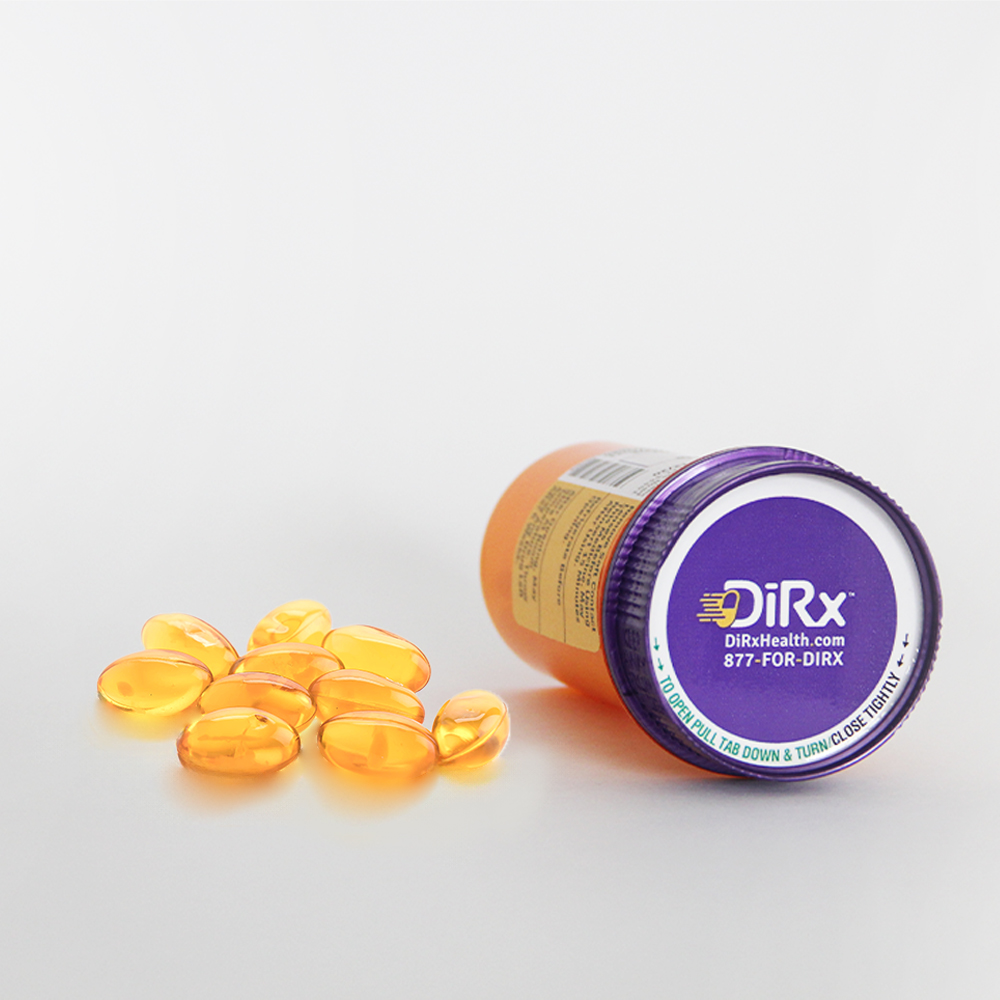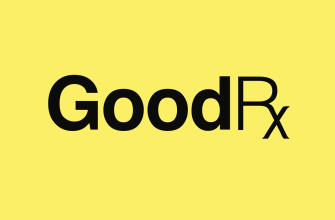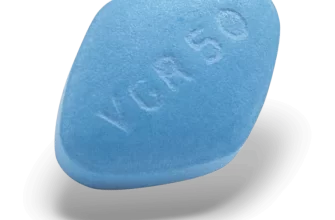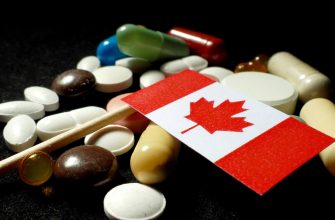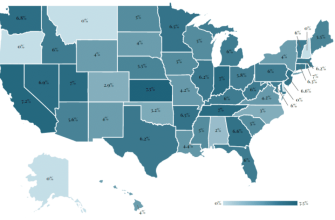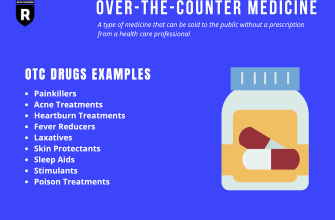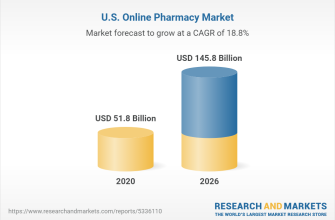Find the best prices on your prescription medications by comparing prices from licensed online pharmacies. We’ve compiled resources to help you navigate this process confidently, ensuring you get the medicine you need without compromising your safety or budget. This involves understanding certification, verification processes and secure payment methods.
Focus on verified online pharmacies registered with regulatory bodies like the FDA (in the US) or equivalent agencies in your country. Look for details regarding their licensing and accreditation – don’t hesitate to verify this information independently through official government websites. Secure payment gateways, utilizing SSL encryption, are crucial for protecting your personal and financial data.
Remember, generic medications are chemically equivalent to their brand-name counterparts. They contain the same active ingredients, offering the same therapeutic effect at a significantly lower cost. This price difference can save you hundreds, even thousands of dollars annually, depending on your prescriptions.
Before ordering, consult your doctor or pharmacist. They can provide personalized advice and verify the suitability of generic alternatives for your specific health needs and potential interactions with other medications you are taking. This ensures you make an informed decision regarding your healthcare.
- Generic Drugs Online: A Comprehensive Guide
- Ensuring Drug Safety
- Understanding Your Rights
- Finding Reputable Sources
- Protecting Your Privacy
- Finding Reputable Online Pharmacies
- Understanding Generic Drug Safety and Efficacy
- Bioequivalence Testing: The Key to Safety and Efficacy
- Choosing a Generic Drug: Practical Advice
- Navigating the Legal and Ethical Considerations
- Verifying Legitimate Suppliers
- Understanding Prescription Requirements
- Protecting Your Privacy
- Reporting Suspicious Activity
- Tips for Saving Money on Prescription Medications
- Negotiating with Pharmacies and Doctors
- Exploring Other Options
- Long-Term Strategies
- Using Online Resources Effectively
Generic Drugs Online: A Comprehensive Guide
Start by verifying the online pharmacy’s legitimacy. Check their license and accreditation with your country’s regulatory bodies. Look for a physical address and contact information readily available on their website.
Ensuring Drug Safety
Always compare the generic drug’s ingredients with your prescription. Ensure the active ingredient matches precisely. Verify the manufacturer’s reputation; research them online and read reviews. Be wary of unusually low prices – they might indicate counterfeit products. Never purchase medications from websites without secure checkout (HTTPS).
Understanding Your Rights
Familiarize yourself with your country’s regulations regarding online pharmacies and generic drug importation. Consult your doctor before switching to a generic drug to ensure it interacts safely with other medications you’re taking. Report any adverse reactions to both your doctor and the pharmacy. Keep records of your online purchases, including order confirmations and tracking numbers.
Finding Reputable Sources
Use trusted review sites and comparison tools to identify reputable online pharmacies. Look for pharmacies with positive customer feedback regarding order processing, shipping times, and customer service responsiveness. Consider using pharmacies recommended by your doctor or other healthcare professionals.
Protecting Your Privacy
Only use secure websites with strong encryption protocols to protect your personal and medical information. Avoid websites that request excessive personal information. Read the pharmacy’s privacy policy before making a purchase to understand how they handle your data. Be cautious about pharmacies that require payment methods lacking buyer protection.
Finding Reputable Online Pharmacies
Check the pharmacy’s license and accreditation. Look for verification from bodies like the NABP (National Association of Boards of Pharmacy) or similar organizations in your country. This provides assurance of regulatory compliance.
Verify their physical address. Legitimate online pharmacies have a verifiable street address, not just a PO box. Use online mapping tools to confirm its existence.
Scrutinize their customer reviews. Don’t just look at star ratings; read individual reviews for insights into shipping times, customer service quality and the legitimacy of the medications received.
Examine their security practices. Ensure they use SSL encryption (look for the padlock icon in your browser’s address bar) to protect your personal and financial information during transactions.
Confirm their contact information. A reputable pharmacy will provide multiple ways to contact them–phone, email, and a physical address–making it easy to reach them with questions or concerns.
Compare prices cautiously. While lower prices might seem appealing, excessively cheap medications can indicate counterfeit or substandard products. A slightly higher price often reflects higher quality and better safety practices.
Read the pharmacy’s privacy policy. Understand how your data will be handled. A transparent and clear policy is a positive sign.
Use trusted online resources. Websites specializing in online pharmacy ratings and reviews can offer valuable insights.
Understanding Generic Drug Safety and Efficacy
Generic drugs undergo rigorous testing to ensure they meet the same high standards as brand-name medications. The FDA requires bioequivalence, meaning the generic drug performs the same way in the body as the brand-name drug.
Bioequivalence Testing: The Key to Safety and Efficacy
This testing compares the rate and extent to which the active ingredient is absorbed into the bloodstream. Successful bioequivalence studies demonstrate that the generic drug is both safe and effective. Minor differences in inactive ingredients (like fillers) are permitted, as long as they don’t affect drug performance.
Active ingredients must be identical to the brand-name drug. The FDA reviews manufacturing processes to guarantee consistent quality. They also conduct post-market surveillance to monitor safety and efficacy following drug release.
Choosing a Generic Drug: Practical Advice
Check the FDA’s website for approved generic drugs. Consult your doctor or pharmacist if you have concerns about switching to a generic. They can address your specific health needs and help make the transition smoothly. Remember, many millions use generic drugs safely every day.
Navigating the Legal and Ethical Considerations
Prioritize licensed online pharmacies. Check for verification seals from organizations like the National Association of Boards of Pharmacy (NABP) or LegitScript. These seals indicate adherence to pharmacy practice standards.
Verifying Legitimate Suppliers
Confirm the pharmacy’s physical address and contact information. Legitimate pharmacies readily provide this. Beware of sites lacking this basic transparency.
Scrutinize the site’s security measures. Look for “https” in the URL and a padlock symbol in your browser’s address bar. This signifies secure data encryption.
Read customer reviews carefully, but be aware that reviews can be manipulated. Cross-reference reviews with other independent sources.
Understanding Prescription Requirements
Always obtain a valid prescription from a licensed physician before ordering medication online. Purchasing prescription drugs without a prescription is illegal in most countries and potentially harmful.
Confirm the pharmacy’s licensing and registration in your jurisdiction. This ensures they operate legally and under regulatory oversight.
Be wary of unsolicited emails or online ads promoting generic drugs without requiring a prescription. This is a significant red flag for illegal activity.
Protecting Your Privacy
Understand the pharmacy’s privacy policy regarding the handling of your personal and medical information. Reputable pharmacies explicitly describe their data protection practices.
Avoid pharmacies that ask for excessive personal information beyond what’s necessary for the transaction. Protect your sensitive data.
Reporting Suspicious Activity
Report suspicious online pharmacies to the appropriate regulatory authorities. Your report can help protect others from fraudulent or unsafe practices.
If you experience problems with an online pharmacy, file a complaint with your local consumer protection agency.
Stay informed about current regulations and legislation regarding online pharmacy practices in your area. Changes in laws affect your legal rights and obligations.
Tips for Saving Money on Prescription Medications
Compare prices across different pharmacies. Websites like GoodRx and Blink Health can help you find the lowest prices near you. Don’t hesitate to call pharmacies directly; sometimes they have unadvertised discounts.
Negotiating with Pharmacies and Doctors
Ask your doctor about generic alternatives. Generic drugs often cost significantly less than brand-name medications and are just as effective. Explore manufacturer coupons and patient assistance programs; many pharmaceutical companies offer financial support.
- Negotiate the price directly with your pharmacy. You might be surprised how often they’re willing to work with you.
- Inquire about pharmacy discount cards. Many large retailers offer them, providing additional savings.
Exploring Other Options
Consider a 90-day supply. While the upfront cost is higher, you’ll often save money in the long run by reducing the frequency of your refills and associated fees.
- Check your insurance plan’s formulary. Understanding which medications are covered and at what cost can significantly impact your out-of-pocket expenses.
- Look into mail-order pharmacies. They frequently offer lower prices, especially for medications you take regularly.
Long-Term Strategies
Maintain a healthy lifestyle to reduce the need for medication. Regular exercise, a balanced diet, and stress management can contribute to better overall health.
Using Online Resources Effectively
- Be cautious with online pharmacies. Verify their legitimacy and licensing before making any purchases to avoid scams or counterfeit drugs.
- Always consult your doctor or pharmacist before making changes to your medication regimen, including switching to generics or using coupons.

